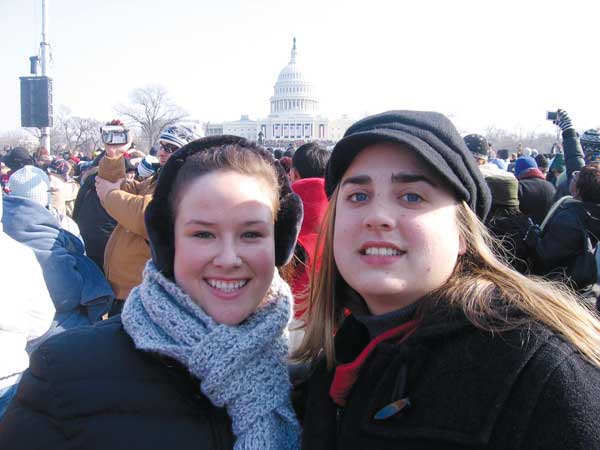Written by Teddi Fine
High blood pressure isn’t the American Dream that recent immigrants expected or wanted. Unfortunately, it has become a reality for far too many, including Korean Americans among whom 32% have hypertension, in contrast to 22% among their counterparts in Korea and 24% among Americans in general. Johns Hopkins University School of Nursing (JHUSON) nursing researchers Miyong T Kim, PhD, RN, FAAN, Hae-Ra Han, PhD, RN; Seonghee Jeong, PhD, RN; Hyunjeong Park, MPH, RN; and colleagues at the Korean Resource Center (Ellicott City, MD) and universities in Korea have discovered that, consistent with studies of other populations, over half of Korean Americans with hypertension (53.8 percent) either intentionally or accidentally do not take their blood pressure medications regularly. The reasons behind this noncompliance, however, differed. Unlike the general population for whom depression is the key reason for quitting medications, among Korean Americans, cultural issues and patient knowledge are central. Cultural factors can affect how much information Korean Americans disclose to their doctors. To avoid appearing disrespectful or confrontational, some individuals stop taking their medications instead of discussing troubling side effects with their physicians. Others may not ask clarifying questions for the same reasons.
Han and her colleagues suggest that individualized, culturally relevant education can help change the equation not only for Korean Americans with high blood pressure, but also for other ethnic minority populations with similar problems.
 Why 17 is a Lucky Number
Why 17 is a Lucky Number Methamphetamine Labs Hazardous for First Responders
Methamphetamine Labs Hazardous for First Responders Live from the 525
Live from the 525







